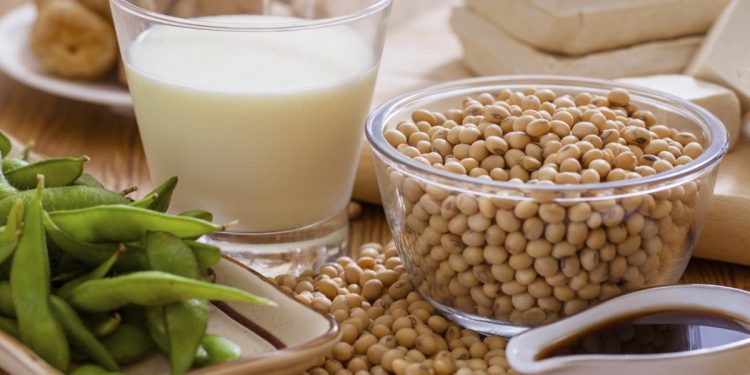New York: Eating soy-rich food can decrease the risk of bone fractures in pre-menopausal breast cancer survivors, suggests a new study. The higher soy intake was linked to 77 per cent reduced risk of osteoporotic fractures in younger women, the study showed.
In the study, published in JNCI Cancer Spectrum journal, researchers at Yale University investigated the impact of exercise and soy food consumption on bone fracture rates among breast cancer survivors.
“The menopausal transition is known to be a period of high risk for bone loss, and given the relative scarcity of data related to fracture risk among younger women with breast cancer, this study marks an important contribution to this body of literature,” said the paper’s lead author, Evelyn Hsieh, Assistant Professor at Yale University.
“Our findings, in particular regarding the protective effects of soy food consumption, provide novel insight into how future interventions can be best tailored to different risk groups,” Hsieh said.
For the study, the team used data from the Shanghai Breast Cancer Survival study of 5,042 newly diagnosed breast cancer survivors in the age group of 20-75.
The study found soy-based foods that are rich in isoflavones provide a natural selective estrogen receptor modulator (SERM), which helps in increasing the bone mineral density. Previous studies have showed the use of tamoxifen, a SERM or drug, that is prescribed for breast cancer patients, reduces risk of fractures.
Several treatments for breast cancer can cause premature menopause and decrease bone mineral density, leading to a higher incidence of osteoporosis-related fractures among survivors compared with healthy women in the same age group.
Breast cancer is the second most common cancer among women in the US, with one in eight women diagnosed with it during their lifetime.






































